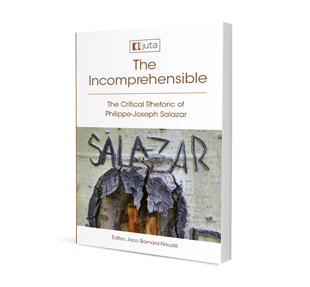Hic sunt leones reloaded: Elements for a critique of disciplinary self-(af)filiation within professional white philosophy in South Africa

Hic sunt leones reloaded: Elements for a critique of disciplinary self-(af)filiation within professional white philosophy in South Africa
Author Sergio Alloggio
ISSN: 1996-2088
Affiliations: Independent scholar
Source: Acta Juridica, 2022, p. 140 – 167
https://doi.org/10.47348/ACTA/2022/a7
Abstract
The recent institutional consolidation of feminist philosophy, African and Africana philosophies, sociology of knowledge and decolonial theory have brought professional philosophers face-to-face with the repressed side of Western philosophy. This essay, drawing on the theoretical framework developed in my previous article ‘Hic sunt leones’, investigates the role played by professional narcissism and resistance to history in the philosopher’s self-image and imaginary, with a particular focus on professional white philosophy in South Africa. The pedagogical aspects of philosophical apprenticeship will be examined psychoanalytically, and explored in their transferential components. Such a psychoanalytic reading will also engage with current conflicts within the South African philosophical field, promoting a shared space for negotiations. However, without adequate introjection of, and progressive identification with, African philosophers and their work, professional white philosophers in South Africa run the twofold risk of replicating regressive forms of disciplinary parenthood while institutionalising neocolonial forms of academic (af)filiations.

